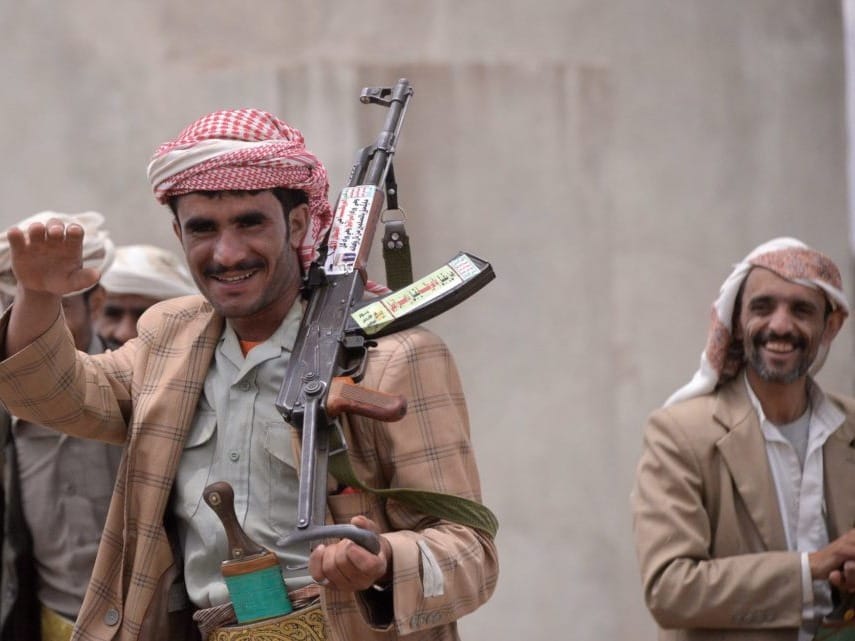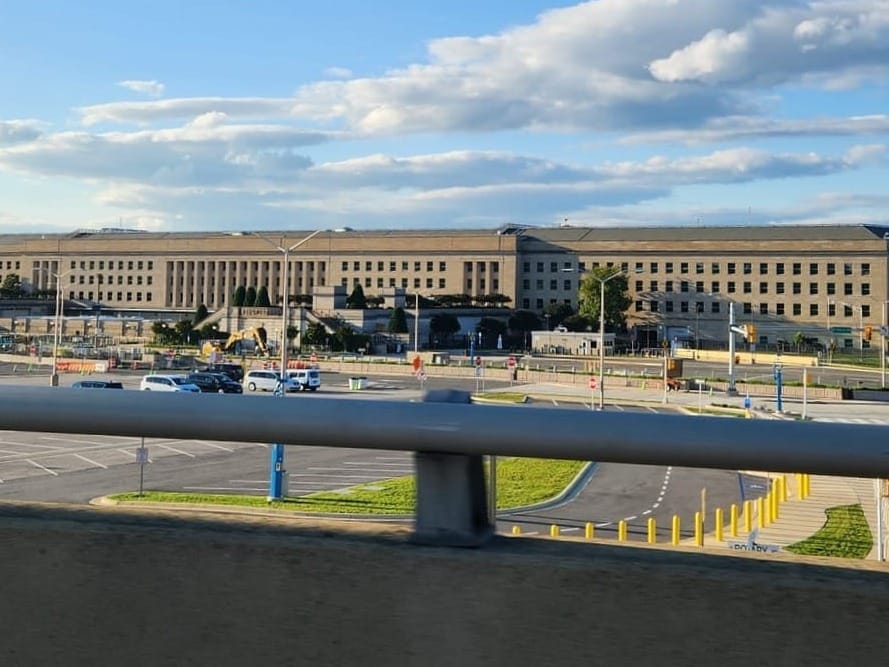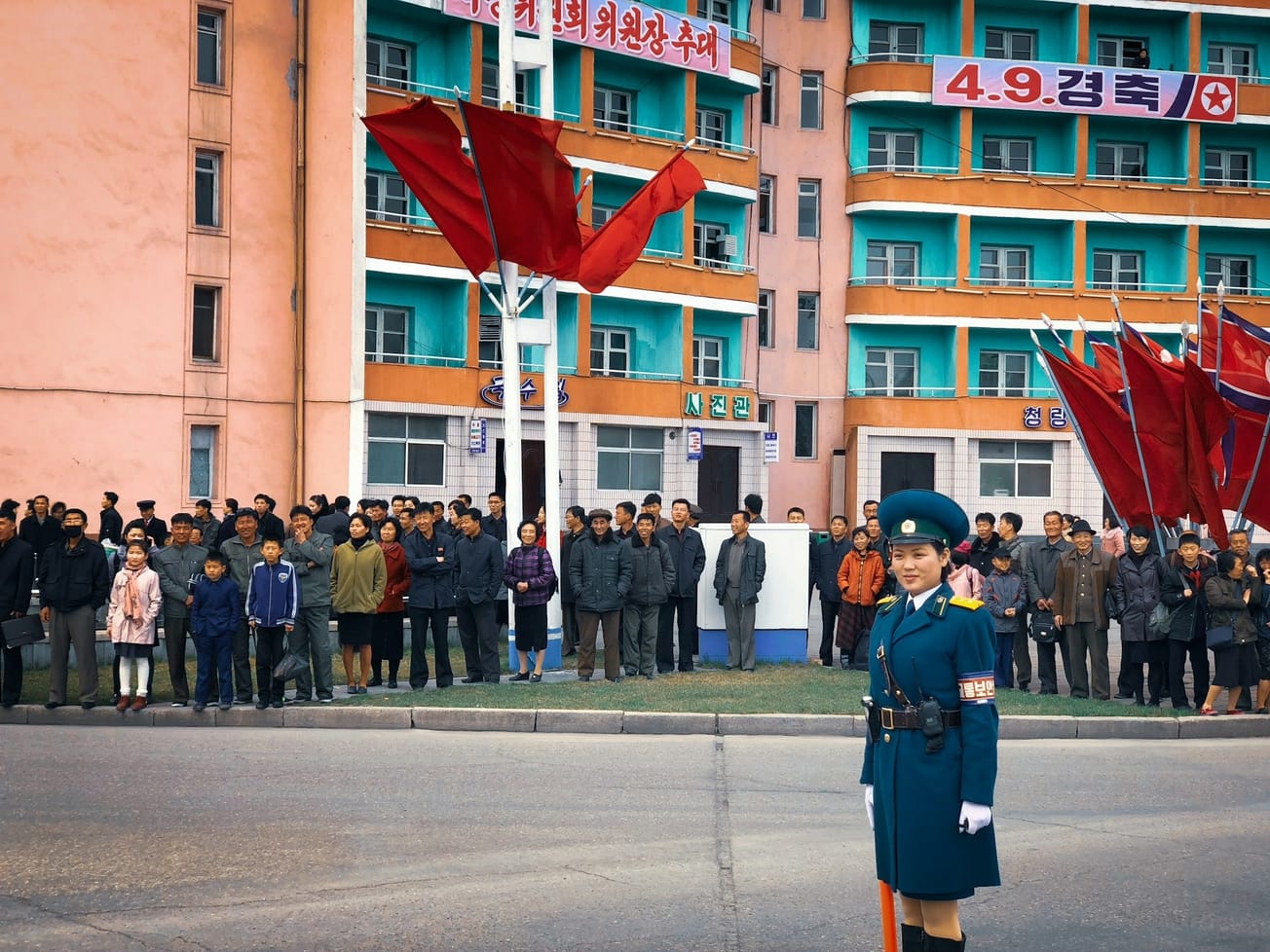GENEVA (AN) — France, Iran, the United Kingdom, and the United States may be complicit in potential war crimes in Yemen by providing weapons and logistical support to forces committing abuses, U.N. experts reported.
A group of international experts assigned by the U.N. Human Rights Council to look into possible war crimes by all sides to Yemen’s civil war said on Tuesday they found the governments of Yemen, United Arab Emirates and Saudi Arabia, along with the Houthis and their allies, operate with a "pervasive lack of accountability" while violating international humanitarian and human rights law.









